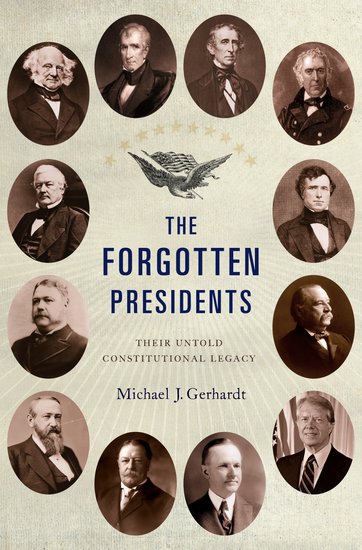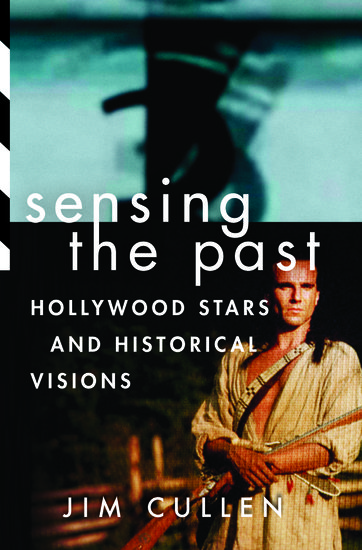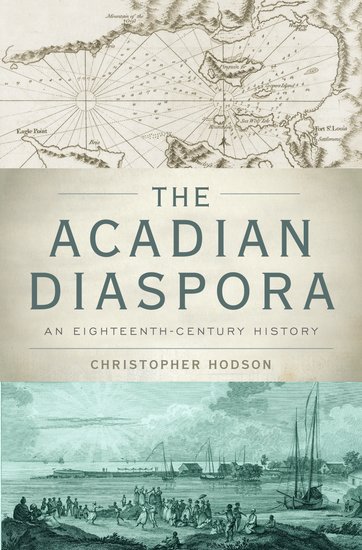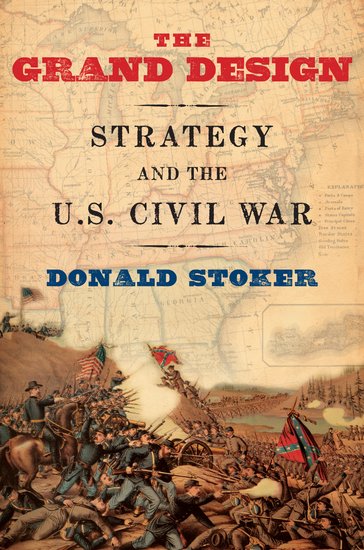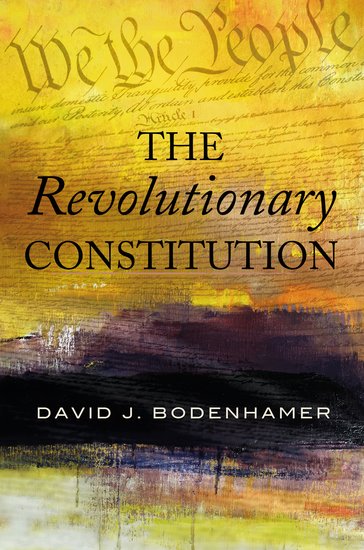Setting the scene of New Orleans during Reconstruction
The Reconstruction era was a critical moment in the history of American race relations. Though Abraham Lincoln’s Emancipation Proclamation made great strides towards equality, the aftermath was a not-quited newly integrated society, greatly conflicted and rife with racial tension.





